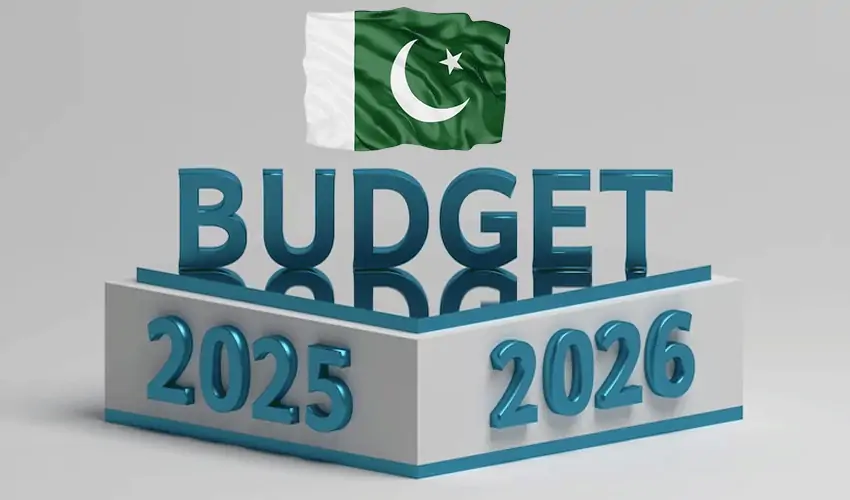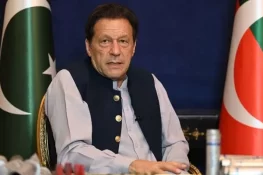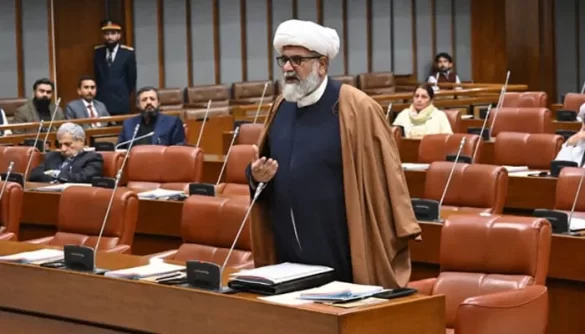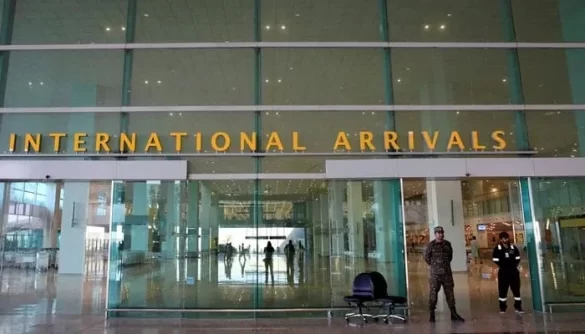Pakistan is poised to unveil its Rs17.6 trillion federal budget for the upcoming fiscal year today, a comprehensive plan aimed at boosting government revenues through significant tax reforms while simultaneously providing much-needed relief to lower-income government employees and pensioners.
This budget, with a projected total income of Rs19.4 trillion, navigates a tight fiscal landscape, necessitating new tax measures across various sectors alongside strategic reductions or exemptions in duties for select industries.
The Federal Board of Revenue (FBR) is gearing up for an unprecedented challenge, setting its sights on a monumental tax collection target of Rs14,130 billion. To hit this ambitious mark, the government is rolling out a series of significant fiscal adjustments.
A cornerstone of these reforms aims to ease the financial burden on public sector employees: those in Grades 1 to 16 are set to receive a substantial 30% allowance, alongside the integration of an ad hoc relief allowance into their foundational salaries. Furthermore, pensioners can anticipate an increase of 5% to 7.5%, offering a much-welcomed boost to their retirement incomes. These measures reflect a dual focus: robust revenue generation and tangible support for government personnel.
A major policy shift will see the government broaden its tax base by bringing freelancers and digital content creators into the tax net. This means income earned from international freelancing and social media platforms will now be subject to taxation.
Furthermore, a new framework is anticipated for taxing agricultural income, a measure consistently advocated by the International Monetary Fund (IMF) and economic experts to ensure a more equitable tax system. The IMF has also reportedly urged Pakistan to consider imposing taxes on essential agricultural inputs like fertilizers and pesticides, as well as bakery items, which could potentially impact the cost of these goods.
The budget will also introduce changes in property and customs duties. In a move to stimulate the real estate sector, the federal excise duty on property transactions is anticipated to be eliminated. However, a contrasting measure is on the table: the imposition of a 12% tax in the historically exempt FATA region, marking a significant shift in its fiscal landscape.
In terms of indirect taxes and industry-specific measures:
The beverages and cigarette industries may benefit from a reduction in duties.
A 5.5% increase in GST on locally assembled vehicles up to 850cc is under review, which might lead to higher car prices for budget-conscious consumers.
As a strategic move to foster economic growth and encourage investment, the government intends to progressively scale back the super tax levied on large corporations. A lower withholding tax rate on construction raw materials is being considered to stimulate the real estate and development sector.
The federal government has set forth ambitious trade goals for the upcoming fiscal year:
Looking ahead to the next fiscal year, Pakistan anticipates total exports reaching $44.9 billion, with a significant $35.3 billion component expected from the export of goods alone.
Imports are expected to reach $65.2 billion.
Additionally, the defense budget is anticipated to see an 18% increase, reflecting an emphasis on national security demands.
The National Assembly speaker has finalized the detailed calendar for the budget session, outlining the key dates for debate, discussion, and voting:
June 10: Budget presentation.
June 11 & 12: The National Assembly is scheduled for a recess, meaning no sessions will be held on these days.
June 13-21: General debate on the federal budget.
June 22: Assembly observes a break.
June 23: June 23 will be dedicated to a thorough discussion on the essential expenditures required for the upcoming fiscal year.
June 24 & 25: Discussions and voting on demands, grants, and cut motions.
June 26: Debate and vote on the Finance Bill, followed by its formal approval.
June 27: Discussions and voting on supplementary grants and other budgetary matters, concluding the session.
Any alterations to this schedule will require the speaker’s approval.
This budget represents a critical juncture for Pakistan, aiming to stabilize the economy through increased revenue generation while providing some relief to its citizens. The success of these measures will largely depend on their effective implementation and the broader economic environment.















